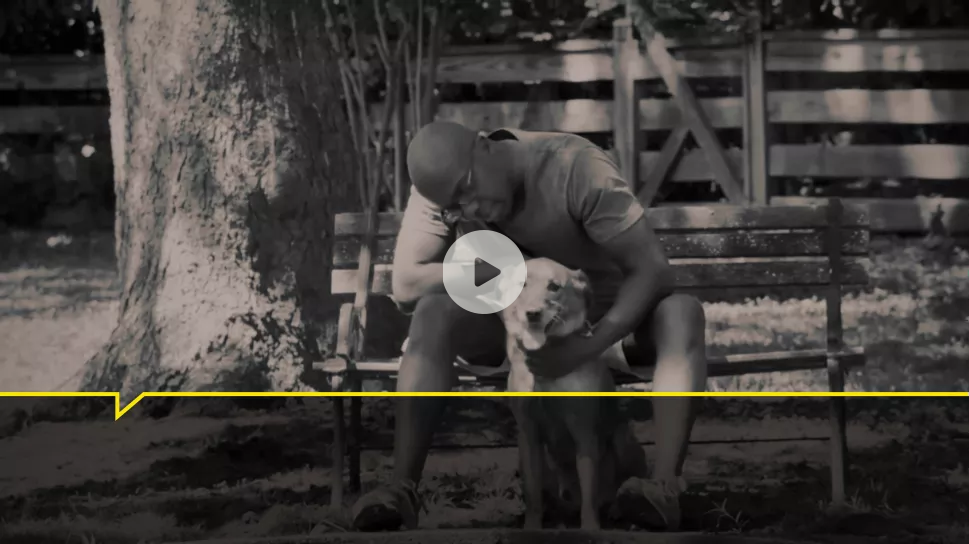TD CAN BE TREATED
Ask about treatment options for TD today.
LEARN MORE ABOUTA TD TREATMENT
Whether symptoms are mild, moderate, or severe, the impact of living with Tardive Dyskinesia can be significant. The uncontrollable movements of TD can be frustrating—and may lead to physical, functional, and emotional changes that affect your overall well-being.
Pain and
discomfort
Breathing
difficulties
Walking
difficulties
“I always feel like I’m running short of air, so I either talk lower or […] I end up gasping for it.”
—ROBERT,
real person living with TD
Stress
Embarrassment
Isolation
“It has affected my balance, my eating, my socializing interactions, and my going back to work.”
—SANDRA,
real person living with TD
Changes in
medications
Changes in
emotional stability
“Most doctors will blow you off if you show symptoms because they don’t want to admit that the drugs they gave you caused this and take responsibility.”
—KATHY,
real person living with TD
Difficulty
writing
Difficulty eating
and swallowing
Difficulty
working
Speech
problems
Sleep
problems
Speech
problems
Sleep
problems
Socialization
problems
“If my movements are really bad, then I notice that I get a little strangled at times if I’m eating or drinking.”
—TASHA,
real person living with TD
“The TD was so bad I couldn't eat with a knife or fork. I couldn't feed myself.”
—RAVEN,
real person living with TD

A personal perspective: Raven’s TD story
This patient has received compensation. Patient image is being used with permission.
You've likely put a lot of effort into treating your mental health condition and finding a balance that works for you. If you're feeling frustrated about TD movements, you're not alone.
There are things you can do to feel in control of Tardive Dyskinesia. Talk to your healthcare provider about available treatments for TD.
LEARN MORE ABOUT a TREATMENT FOR TDquestionnaire
RESULTS:
Working a full-time job
0%Exercising, such as running or biking
0%Getting a full night’s sleep
0%Going out to eat at restaurants
0%Other
0%None of the above
0%You may be able to treat TD while continuing to manage your mental health.
*Information provided will be used only for the purposes of this poll. Answers will be displayed on this website in aggregate and will not personally identify you. If you do not agree to these terms, please do not participate in the poll.
Ask about treatment options for TD today.
LEARN MORE ABOUTDiscussing TD can be overwhelming. We can help.
find out moreYou are about to leave tardiveimpact.com
and enter a website operated by a third party.
Would you like to continue?
You are about to leave tardiveimpact.com and go to a site
informing you about a prescription treatment option.
Would you like to continue?
You will now leave tardiveimpact.com and go to a site
informing you about a prescription treatment option.
Would you like to continue?